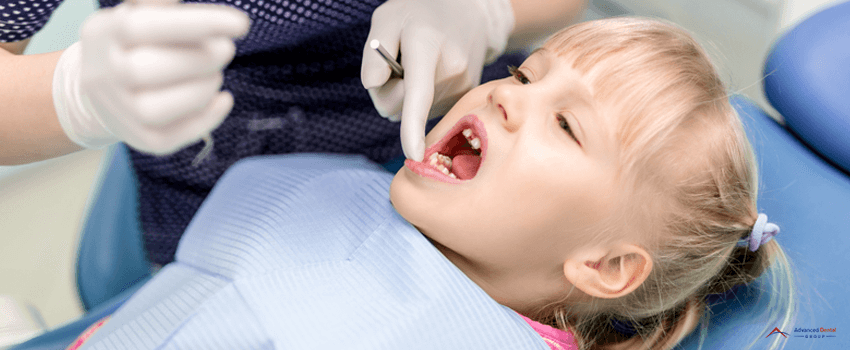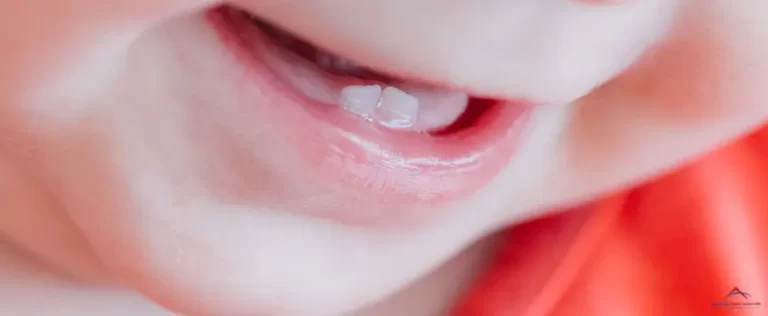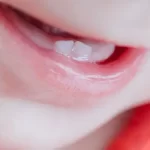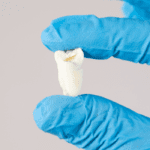Caring for children’s teeth is essential, especially now that the school year is about to start.
Cavities are your child’s number one enemy. According to the CDC, they are the most common chronic childhood disease in the United States. More than half of children six to eight years old had cavities in at least one of their baby teeth, while adolescents between the ages 12 and 19 had a cavity in at least one of their permanent teeth.
Cavities may not seem that big of a deal, but having them means your child might not have the best oral health. A child’s oral health can impact their life and lead to:
-
Difficulties in concentrating and learning due to pain
-
Missing school days
-
Serious health conditions like infections
-
Lower self-esteem and being unsociable
Fortunately, tooth decay and other oral problems are preventable with good oral care. Here are some things you need to know about dental care for preschoolers.
Brushing Children’s Teeth
Keeping teeth clean is an integral part of dental care for preschoolers. At their age, your child might want to be more involved in caring for their teeth. You can let them hold the toothbrush, but they will still need supervision and help cleaning their teeth until they reach eight years old.
Toothbrush for Preschoolers
Selecting the right toothbrush for your preschooler is important. These toothbrushes are small and have oval-shaped heads, soft bristles of varying heights, and non-slip cushioned handles. They also often feature popular cartoons or fun designs on the handles, which may appeal to your child.
Your child might also be attracted to an electric toothbrush’s novelty. Some electric toothbrushes provide a better cleaning experience than manual ones; however, choosing what your child prefers is the best way to go.
Toothpaste and Fluoride for Preschoolers
Fluoride is a safe mineral that keeps teeth strong and prevents decay, and it’s more effective when taken in small quantities throughout the day. Dentists recommend using a low-fluoride toothpaste the size of a pea to brush your child’s teeth. You can also use low-fluoride toothpaste as early as 18 months. Have them use their favorite toothpaste flavor or brand with their favorite characters to make brushing more appealing.
Tips on Dental Care for Preschoolers
Because baby teeth fall out, many believe they don’t require care or protection. However, it’s important to give them the same tender, loving care as permanent teeth; baby teeth act as a placeholder for permanent teeth. According to the ADA, if you lose one too early, the permanent tooth under it might lose the space it’s supposed to grow in, causing alignment problems in your child’s teeth when they grow older.
It’s important to teach children how to maintain healthy teeth early on. Here are some tips on dental care for preschoolers to help them avoid cavities and feel more confident about their smiles.
Lead and teach your child by example.
Modeling good oral dental hygiene for kids is the best way to get children interested in oral health and establish good habits. Unfortunately, many parents neglect to care for their teeth; some feel embarrassed and afraid at the dentist’s office, while some fear dental treatments. Some don’t have enough insurance coverage or funds to cover out-of-pocket expenses. Many put their child’s oral health before their own.
All of these reasons are valid, but it is also important to set an example for your children regarding oral health. It’s also important to teach them how to brush and floss correctly.
Have them drink more water and less sugary drinks.
Water is a must-have for the dental health of preschool children. It helps remove sugar and other substances from their teeth and keeps their gums healthy. Encourage your child, especially after meals, to drink lots of water throughout the school day.
You can also offer them milk if you have it but stick to white milk, not flavored milk.
You can still give them sports drinks and other drinks, but they should be reserved for after-school activities or a time when they can quickly rinse or brush their teeth.
Attend routine checkups.
Caring for children’s dental health is not complete without routine checkups. Schedule an appointment if it has been six months since your child last saw a dentist. Children should have undergone an oral health exam by the time they reach preschool.
Pack health meals and snacks.
Diet is also part of dental care for preschoolers. The snacks they bring to school or eat at home will impact their oral health. It’s best to choose or encourage nutritious snack options that can clean their teeth.
Carrot sticks, apples, and other crunchy fruits and vegetables are great at removing tartar and plaque buildup and reducing bad breath.
Strawberries are also a great snack because they contain malic acid, which can remove teeth stains.
Plan your child’s snacks with them so you can pick healthy and delicious foods they love.
Have them stop sucking their thumb.
It’s common for children to stop thumb sucking between ages two and four. Try encouragement and distraction to help your child break this habit; offer them a reward for going without sucking and mark their progress on a calendar or chart.
However, children can easily fall back into old habits; be patient since it may take a few tries to get rid of thumb-sucking completely.
Establish morning dental routines.
Now that school is starting, it’s best to establish a morning dental care routine. School day mornings can get pretty hectic, and your child might forget to brush their teeth. Start having them brush their teeth daily after breakfast. Set up a reminder system using sticky notes during the first few months. Soon it will become a habit that they’ll follow.
Make dental care fun.
Let’s face it; some kids find brushing their teeth a tedious chore they’d rather avoid. Make it less tedious by finding a fun toothbrush song, or make a game of it; see who can brush their teeth without stopping for two minutes. You can also try some dental care activities for preschoolers that will teach them the importance of taking care of their teeth. Don’t forget to reward them!
Take care of your preschooler’s teeth with Advanced Dental Group.
The care you give your child’s baby teeth is sure to help them have a healthy set of teeth when they reach adulthood. Our partner dentists in Clearwater, FL, can provide the dental care your child’s teeth need and give them the best dental care experience. Contact us, and we’ll connect them to you right away.





